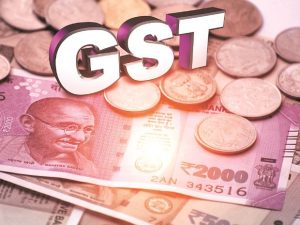Reduction of GST rate on lithium-ion batteries to 18 per cent is a welcome step, though it is still higher when compared to factory-fitted battery in an electric vehicle and can hamper growth of such vehicles in India, says EV makers’ body SMEV.

In a recent report PTI stated that The Society of Manufacturers of Electric Vehicles (SMEV) said the government should have removed the anomaly of spare lithium-ion batteries attracting higher rates than those fitted originally in electric vehicles (EVs) to reduce long-term cost of ownership.
SMEV Director General Sohinder Gill told PTI that government has taken a positive step in reducing GST on lithium-ion batteries when sold separately but some irritants remain as new rate is still higher than a factory-fitted battery in an EV. The difference, he said, could still have big implications on promotion of EVs based on battery swapping models, specially for public transport. He further added that the previous difference was a major deterrent in battery swapping and battery leasing.
According to Gill ideally, GST on lithium-ion batteries should have been kept the same as 12 per cent for EVs. The customer has to purchase the batteries once every four to seven years and higher GST therefore, adversely affects the total cost of ownership of EVs, Gill said.


























